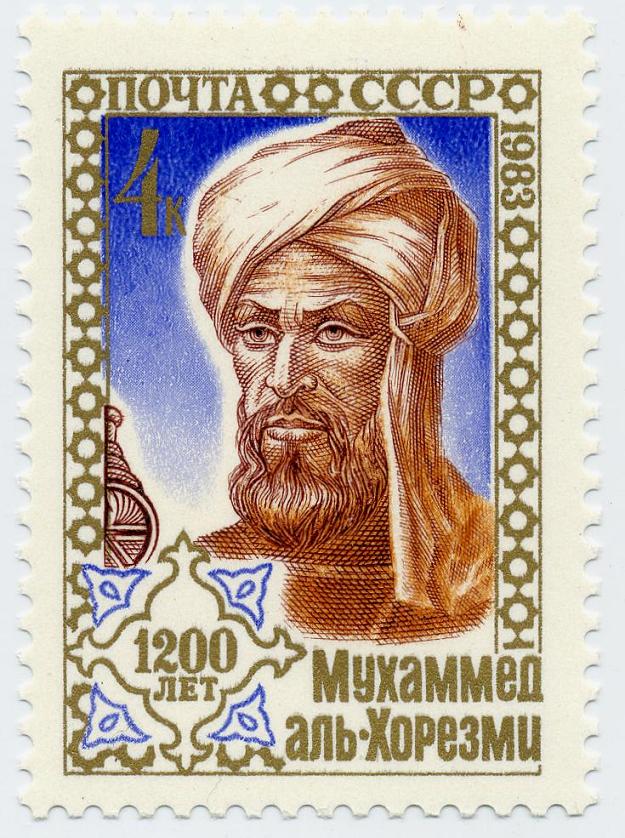
For any astute reader keen on the evolution of mathematics, it is vital to assess the validity of assertions regarding key figures and milestones. One such individual often referenced in the realm of mathematical progress is Muhammad ibn Musa al-Khwarizmi, a Persian intellectual whose work is frequently central to the chronicles of mathematical development. Nonetheless, it is necessary to clarify his exact involvement in the emergence of algorithms, a subject often shrouded in misunderstanding and simplification.
Al-Khwarizmi, who was active during the ninth century under the Abbasid Caliphate, indeed established foundational contributions to the field of algebra, as illustrated in his notable work “Al-Kitab al-Mukhtasar fi Hisab al-Jabr wal-Muqabala” (“The Compendious Book on Calculation by Completion and Balancing”). However, in contrast to widespread belief, he did not create the notion of the algorithm—the systematic methods applied to execute mathematical calculations and issues.
The misunderstanding stems from the Latin translations of his other writings on Hindu-Arabic numerals, which were rendered with titles commencing with “Algorithmus.” These translations introduced Europe to effective arithmetic techniques utilizing the Hindu-Arabic numeral system. Notably, the term “algorism” specifically referred to the rules governing computation with these numerals, not the general idea of algorithms as systematic approaches to problem-solving, which dates back to ancient societies, including the Babylonians, who practiced algorithmic methods in their mathematical and astronomical endeavors long before al-Khwarizmi.
Al-Khwarizmi’s impact is markedly seen in his promotion and detailed explanation of the Hindu-Arabic numeral system, which ignited a significant shift in arithmetic progress in medieval Europe, as presented in the Latin translations such as “Dixit Algorizmi” and “Liber Alchoarismi de Practica Arismetice.” The spread of these techniques facilitated a move away from unwieldy Roman numerals, leading to breakthroughs in computation and mathematics. The contemporary term “algorithm” subsequently expanded to include a more extensive interpretation, encompassing any clearly defined computational method.
When recounting the narrative of mathematics, it is crucial to align historical realities with scholarly accuracy. Incorrectly attributing the invention of algorithms to al-Khwarizmi not only oversimplifies but also distorts the complex fabric of mathematical history. Acknowledging the intricate contributions of historical figures sustains a precise and holistic understanding of their legacies and the developmental paths they shaped.